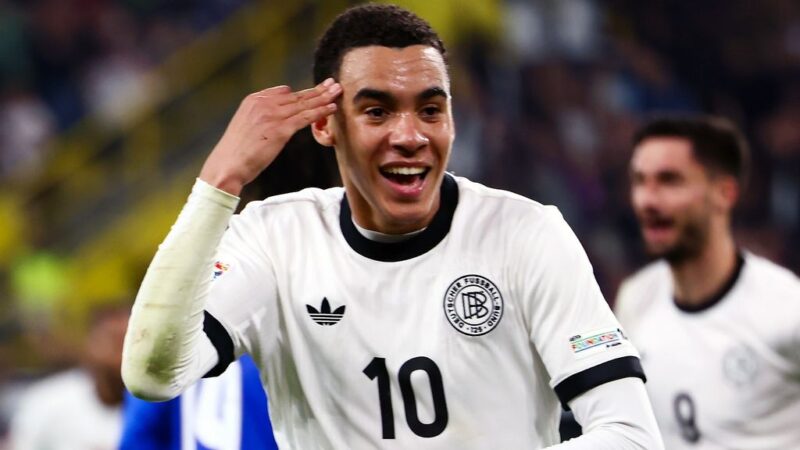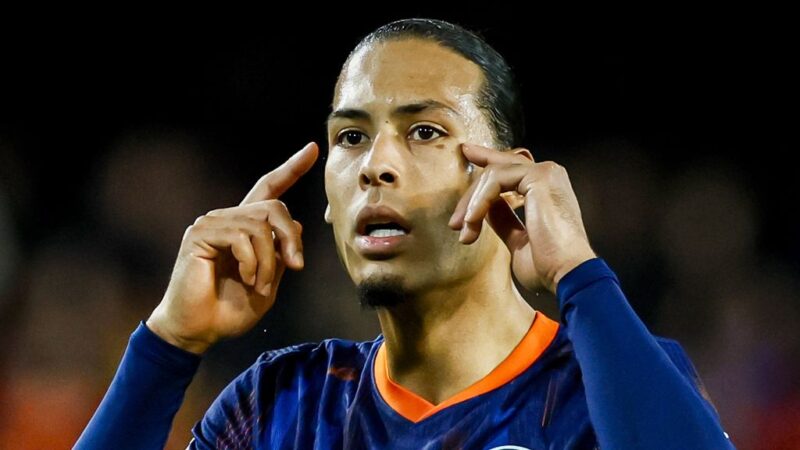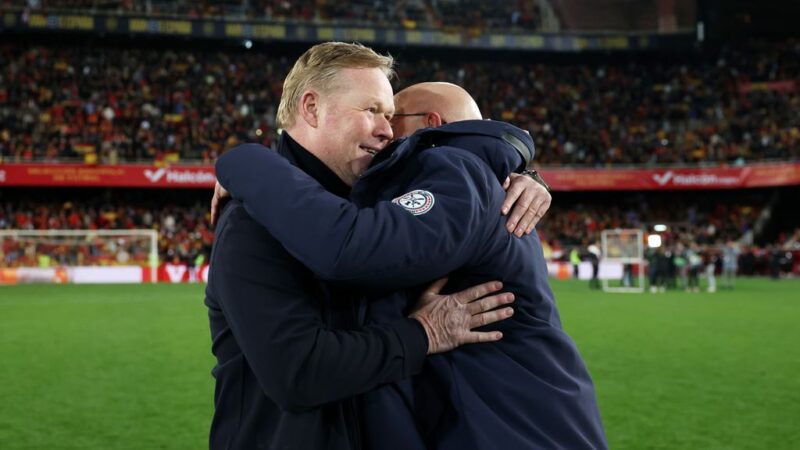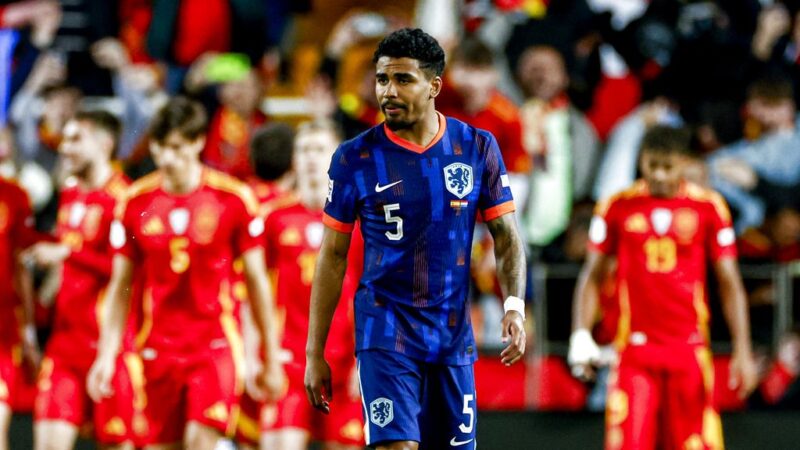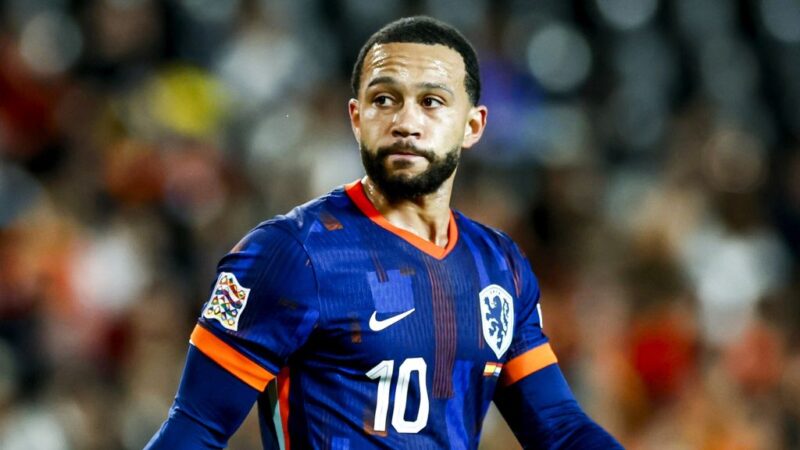Kolk’s rancor over Union Berlin turned into respect: ‘They flubbed it’

NOS Football–
Every now and then, former soccer player Santi Kolk catches himself humming a Nina Hagen song. The melody of ‘Eisern Union’, the club song of Union Berlin, is still somewhere in his head even more than a decade after he played there.
But it is not just nostalgic feelings that then come to Kolk’s mind, not just the fond memories of his matches at the Stadion An der alten Försterei or of his goal against city rival Hertha BSC.
What he also seems to feel is regret. “When I see them play now, I think: they’ve done it. And I contributed nothing to it.”
Kolk, now 41 and currently the business agent of players in the premier league and abroad, went from Vitesse to Union Berlin as a player in 2010.
All his soccer life he had played in the premier league, at a whole range of mid-tier clubs. He was known as a technical player, frivolous and quirky. And as a guy with a pretty big mouth, who had not quite lived up to his great promise.
“What’s this?
Union was his first club outside the Netherlands. Kolk was looking forward to it: playing soccer in the metropolis of Berlin. That will be a nice life, he thought. Until he arrived at the club’s complex, in the Köpenick district in the east of the city.
“Jesus, what is this, I thought. At the complex I saw nothing more than a bunch of construction huts stacked on top of each other. That was it in terms of facilities. And the neighborhood appeared drab. An old mining district.”
On the other hand, there was that stadium, on the edge of the forest. Small but atmospheric. Kolk had already experienced that once with Vitesse, when he played a practice match there. And Kolk also knew the stories about the club’s loyal supporters, who had rebuilt the stadium themselves.
The first time he was there on the field as a Union player, he was sold. At the turnout, everyone sang that Hagen song. And much of the stadium consisted of standing stands, filled with supporters who sang their lungs out the entire game. “That’s when I did begin to understand what playing for Union meant. It breathed soccer.”
Stadion An der alten Försterei impressed. But other than that… Union when Kolk came had just been promoted to the Second Bundesliga and was still a small club in everything. Kolk was quite a big player by Union standards.
He actually thought so himself at the time. “I came there anyway with the feeling that I was playing below my level. I hoped to force a transfer to the Bundesliga there in the short term.”
Kolk therefore did not see the need to really adapt to the culture of the district and the club. He did his own thing, believing that he would show it during matches anyway.
And so he got little of the history of Union Berlin. Of the club’s special past in the old GDR, behind the Iron Curtain. Why the club was the way it was – raw, folksy and quirky – Kolk therefore could not know.
Going along with habits
“In the beginning I only saw Köpenick from the car, when I drove from my hotel to the club,” Kolk says. “After that, I was one of the few players who didn’t live in Köpenick, and that was pretty much reflected on me. But I preferred to be at Potsdamer Platz.”
At the club, too, Kolk handled things differently than his fellow players. “It was customary to shake hands with every colleague and staff member every day. I thought that was excessive at the time. If I saw someone walking by from a distance, I just let it pass me by.”
And then the food. Kolk was not at all keen on East German kitchen traditions. “They ate rice with fish and meat after training. And they all drank Apfelschorle, a kind of apple juice with sparkling water. I drank water then.”
After a difficult period, Kolk left in 2012, returning to Holland. He did not leave well, and after he told his (critical) story in an interview, the relationship with Union soured.
Admiration
For a while he walked around with resentment. Meanwhile, Union kept growing and growing. This did not surprise him. Also in his time, president Dirk Zingler was had struck him as someone with a solid vision of the future.
In 2013, Kolk quit as a soccer player. A few years later, he became a father and went to work as a business observer. And he learned to reflect on himself. The lessons he learned from that, he passes on to the young soccer players in his stable.
“Sometimes I see myself back at ESPN, on the program Ten Years Back, And I think: my God. How I walked around and talked in interviews: it was all about myself. I couldn’t relate. Now I’m 41 and understand that I should have gone along with the habits at Union.”
Resentment gave way to admiration. For the success of the club, which is now competing at the top of the Bundesliga. And for the character of the club, including the gregariousness that comes with it. “They do it together. Union turns their weaknesses into their strength.”
